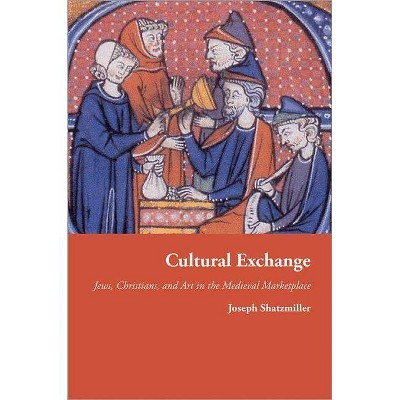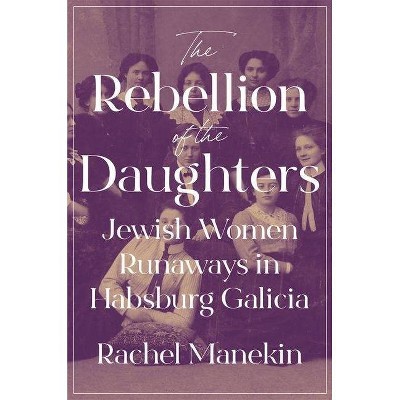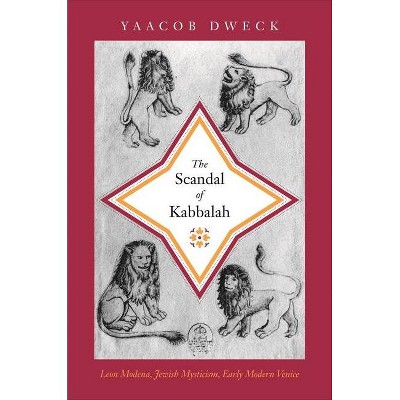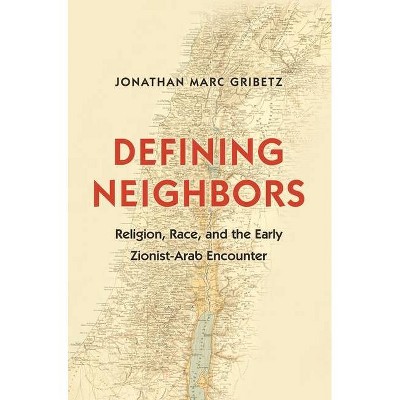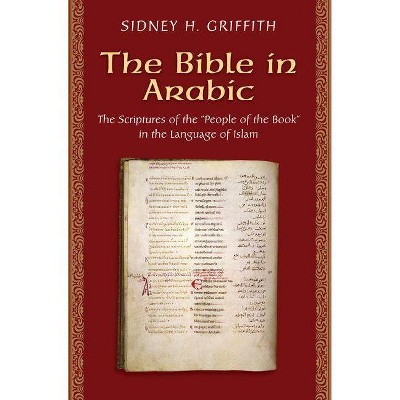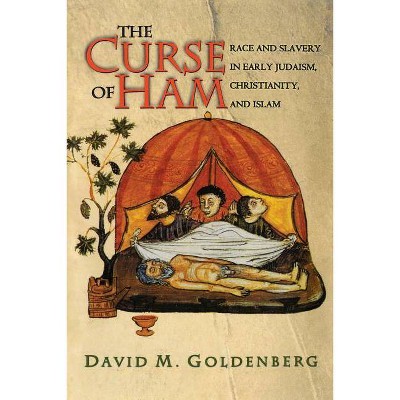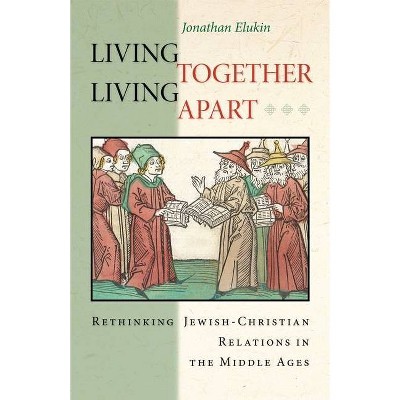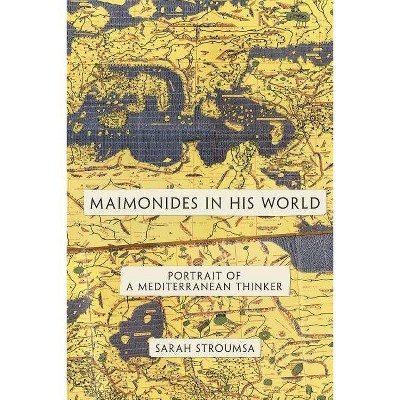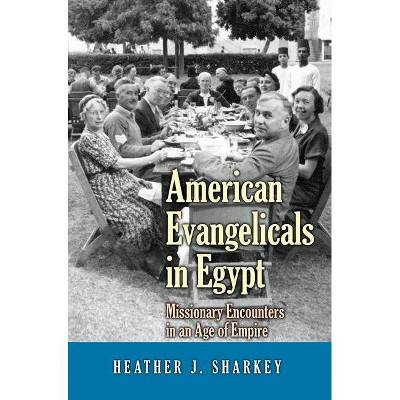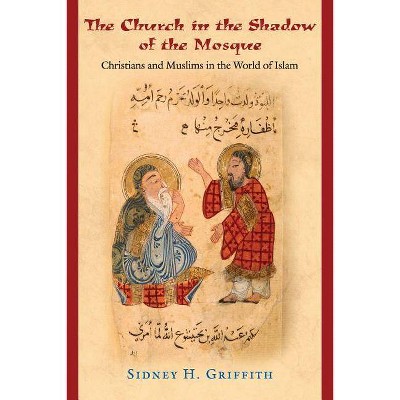The Lost Archive - (Jews, Christians, and Muslims from the Ancient to the Modern) by Marina Rustow (Hardcover)

Similar Products
Products of same category from the store
AllProduct info
<p/><br></br><p><b> Book Synopsis </b></p></br></br><p><b>A compelling look at the Fatimid caliphate's robust culture of documentation</b> <p/>The lost archive of the Fatimid caliphate (909-1171) survived in an unexpected place: the storage room, or geniza, of a synagogue in Cairo, recycled as scrap paper and deposited there by medieval Jews. Marina Rustow tells the story of this extraordinary find, inviting us to reconsider the longstanding but mistaken consensus that before 1500 the dynasties of the Islamic Middle East produced few documents, and preserved even fewer. <p/>Beginning with government documents before the Fatimids and paper's westward spread across Asia, Rustow reveals a millennial tradition of state record keeping whose very continuities suggest the strength of Middle Eastern institutions, not their weakness. Tracing the complex routes by which Arabic documents made their way from Fatimid palace officials to Jewish scribes, the book provides a rare window onto a robust culture of documentation and archiving not only comparable to that of medieval Europe, but, in many cases, surpassing it. Above all, Rustow argues that the problem of archives in the medieval Middle East lies not with the region's administrative culture, but with our failure to understand preindustrial documentary ecology. <p/>Illustrated with stunning examples from the Cairo Geniza, this compelling book advances our understanding of documents as physical artifacts, showing how the records of the Fatimid caliphate, once recovered, deciphered, and studied, can help change our thinking about the medieval Islamicate world and about premodern polities more broadly.</p><p/><br></br><p><b> Review Quotes </b></p></br></br><br>Shortlisted for the British-Kuwait Friendship Society Book Prize in Middle Eastern Studies<br><br>A pleasure to read. Rustow writes exceptionally well, approaching her material with an often informal, jocular tone, which makes all the talk of ligatures, tax receipts and bureaucracy go down more smoothly.<b>---Christian Sahner, <i>Times Literary Supplement</i></b><br><br>Finalist for the National Jewish Book Award in Writing Based on Archival Material<br><br>Ferociously thoroughly researched, beautifully written.<b>---Robert Irwin, <i>Times Literary Supplement</i></b><br><br>One of the Times Literary Supplement's Books of the Year 2020<br><br>A handsome volume with compelling illustrations . . . . This magisterial study is a must for anyone interested in the geniza but also for anyone considering how we relate to the texts of our predecessors and what we hope to leave to those who follow.<b>---Elka Weber, <i>Segula Jewish History Magazine</i></b><br><br>[T]hose seeking to ask important questions about the Jewish-Arab dynamic in medieval times will ... find much to glean [in this book].<b>---Dr. Stu Halpern, <i>Jewish Book Council</i></b><br><p/><br></br><p><b> About the Author </b></p></br></br><b>Marina Rustow </b>is the Khedouri A. Zilkha Professor of Jewish Civilization in the Near East and professor of Near Eastern studies and history at Princeton University. She is director of the Princeton Geniza Lab and a MacArthur fellow, and is the author of <i>Heresy and the Politics of Community: The Jews of the Fatimid Caliphate</i>.
Price History
Cheapest price in the interval: 41.99 on October 23, 2021
Most expensive price in the interval: 41.99 on November 8, 2021
Price Archive shows prices from various stores, lets you see history and find the cheapest. There is no actual sale on the website. For all support, inquiry and suggestion messagescommunication@pricearchive.us
